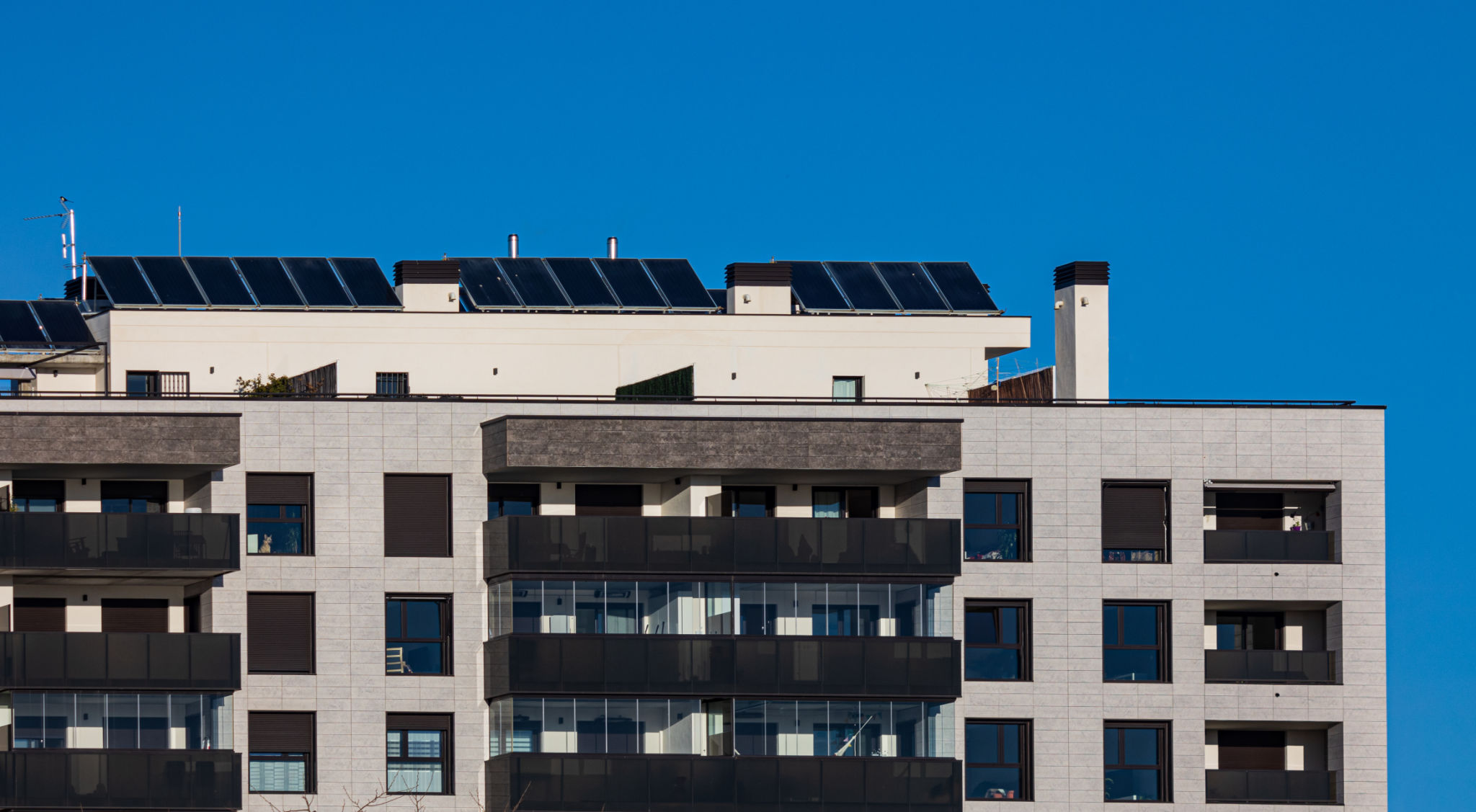Sustainability in Commercial Real Estate: Benefits and Strategies
Introduction to Sustainability in Commercial Real Estate
The commercial real estate industry is rapidly evolving, with sustainability becoming a key focus for developers, investors, and tenants alike. As concerns about climate change and environmental impact grow, the demand for sustainable building practices and operations is increasing. This shift not only benefits the environment but also enhances the economic and social value of properties.

Economic Benefits of Sustainable Practices
One of the most compelling reasons for embracing sustainability in commercial real estate is the economic advantage it offers. Sustainable buildings often have lower operating costs due to reduced energy and water usage. Implementing green technologies and improving building efficiency can result in significant savings over time.
Moreover, sustainable buildings tend to attract higher-quality tenants who are willing to pay a premium for environmentally friendly spaces. This demand can lead to increased occupancy rates and higher property values, providing a competitive edge in the market. Additionally, sustainable properties may qualify for tax incentives and rebates, further enhancing their financial appeal.
Environmental Impact and Social Responsibility
Reducing the environmental footprint of commercial buildings is a primary goal of sustainable real estate practices. By minimizing energy consumption and utilizing renewable resources, commercial properties can significantly reduce greenhouse gas emissions. This not only contributes to global environmental efforts but also aligns with corporate social responsibility goals.

Implementing sustainable practices also plays a crucial role in improving indoor air quality and overall tenant well-being. Healthier environments lead to increased productivity and satisfaction among occupants, which can translate into long-term tenant retention and positive community relationships.
Strategies for Implementing Sustainability
Adopting sustainable practices in commercial real estate requires a strategic approach. Here are several effective strategies:
- Energy Efficiency: Implementing energy-efficient HVAC systems, LED lighting, and smart building technologies can drastically reduce energy consumption.
- Water Conservation: Installing low-flow fixtures, rainwater harvesting systems, and landscaping with native plants can significantly cut water usage.
- Renewable Energy: Incorporating solar panels or wind turbines can provide clean energy sources and reduce reliance on non-renewable resources.
The Role of Certification Programs
Certification programs like LEED (Leadership in Energy and Environmental Design) play a crucial role in promoting sustainability in commercial real estate. These programs provide a framework for identifying and implementing practical and measurable green building design, construction, operations, and maintenance solutions.

Achieving such certifications can enhance a property's marketability and demonstrate a commitment to sustainability. This recognition not only boosts the property's reputation but also assures tenants and investors of its environmental credentials.
Overcoming Challenges in Sustainable Development
Despite the clear benefits, implementing sustainable practices in commercial real estate can present challenges. Initial costs for green technologies or retrofitting existing buildings can be substantial. However, these costs are often offset by long-term savings and increased property value.
Another challenge is staying updated with evolving regulations and standards. Engaging with sustainability consultants and industry experts can help navigate these complexities and ensure compliance with current requirements.
The Future of Sustainability in Commercial Real Estate
As sustainability continues to gain traction, it's expected to become even more integral to commercial real estate strategies. Innovations in building materials, energy management systems, and data analytics will drive further advancements in this area. Property owners and developers who embrace these changes proactively will be well-positioned to lead in a more environmentally conscious market.

Ultimately, the shift towards sustainability in commercial real estate is not just a trend but a necessary evolution. By adopting sustainable practices, the industry can contribute to a healthier planet while reaping substantial economic rewards.
